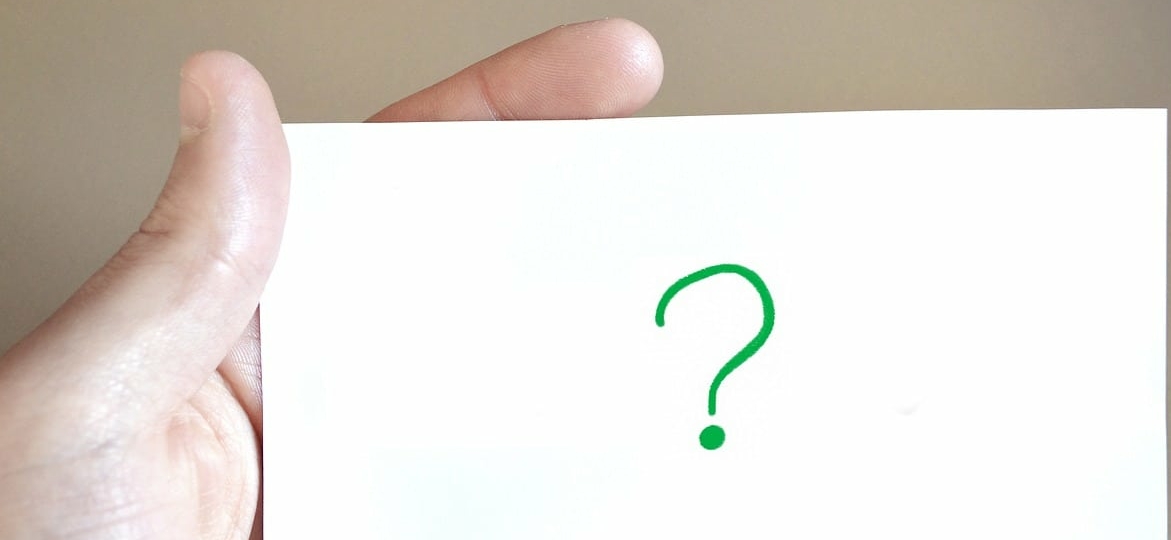Vous avez sûrement déjà vu ou entendu des expressions de tous les jours comme ‘Come in and sit down’ ou ‘Hold on, I’ll put you through’.
On les appelle les verbes à particules (phrasal verbs ou verbes prépositionnels), c’est à dire un verbe + une particule (qui peut être un adverbe ou une préposition). Chaque verbe à particule a sa propre signification et même parfois plusieurs significations.
Take off:
- The plane has just taken off. (the plane is leaving the ground)
- Feel free to take off your jacket. (= remove)
Le sens du verbe initial est modifié par la particule. Parfois, les verbes prépositionnels sont faciles à comprendre parce que leur particule a un sens littéral :
Stand up, go away, get in, get out, jump down, climb up
Mais beaucoup de verbes à particules ont un sens figuratif ou idiomatique et peuvent être le synonyme d’un autre verbe en un mot, qui a souvent des racines latines :
Turn down = refuse leave out = omit go on = continue set up = establish
Go off = explode give up = abandon work out = calculate make up = invent
Certains verbes prépositionnels peuvent avoir un objet qui se place avant ou après la particule – c’est ce qu’on appelle un verbe à particule séparable :
- They put off the meeting.
- They put the meeting off.
Si l’objet est très long, il vaut mieux garder le verbe et la particule ensemble :
The assistant wrote down both the caller’s home and mobile phone numbers.
Si on utilise un pronom, il se place en entre le verbe et la particule :
They put it off. The assistant wrote them down.
Les verbes à particules inséparables sont ceux qui ne peuvent être séparés :
- Please hold on. (wait)
- I’ll look into this matter. (investigate)
- I ran into my old colleague at the cafeteria. (meet unexpectedly)
- The packaging machine broke down last week. (be out of order)
- She got over her illness very quickly. (recover)
- My sister is staying home to look after the children today. (take care of)
- Dave took up computer programming when he was out of work. (begin learning something)
- I came across an interesting article in the paper. (discover by accident)
Aidez-vous du sens initial des particules ou préposition pour comprendre la signification du verbe :
- Down = become less or completely to the ground or stopping completely or on paper
Turn down the music, bring down prices, knock down a building, a factory closed down, write down the message, note down the information.
- Off = away, departing or disconnected
Drove off into the sunset, see someone off at the airport, the plane took off, switch off the light, cut off the power.
- On = connected or wearing or continuing
Turn on the computer, leave on the lights, try on the jacket, carry on working, drive on a bit further, hang on a second.
- Out = away, disappearing or distributing or out loud or from start to finish
Blow out a flame, wash out some dirt, cross out a mistake, hand out flyers, give out presents, read out the names, shout out the answers, write out a list, work out the solution.
- Up = increasing or completely
Speak up; we can’t hear, taxes are going up, fill up the car with gas, rip up the paper, catch up to them, eat up all the food.
Un autre moyen d’apprendre et d’organiser les verbes à particules est de prendre un verbe et de recenser les différentes prépositions qu’on lui associe fréquemment :
- Call in: for a radio program
- Call on: seek help
- Call out: shout
- Drop off: leave out of a vehicle
- Drop out: leave school before graduating
- Draw up: Pull forward, plan, arrive
- Fall behind: be slower than others
- Fall out with: no longer speak with someone
- Fall through: not happen
- Fill in/out: complete a form/document
- Get along/on with: have a good relationship with
- Get around : travel, move about, circulate
- Get into: enter
- Get off: leave a transportation
- Get on: walk on a transportation
- Get rid of : eliminate
- Get through : reach on the phone, survive
- Get to : arrive at
- Get up : rise
- Give in: surrender
- Give up: abandon
- Go around: rotate
- Go out: go outside
- Go over: review in details
- Go up: increase
- Have somebody over: receive someone
- Have under the belt: achieve
- Keep up with: continue, carry on
- Leave behind: to forget something when you leave
- Leave out: to omit
- Lock in: prevent from leaving
- Lock out: stuck outside
- Lock up: imprison Look after: take care of
- Look at: watch
- Look for: search, seek
- Look forward to: wait for or anticipate something
- Look in : to visit or check
- Look into: investigate
- Look out: be careful
- Pass along: share
- Pass by: miss the details
- Pass over: not give consideration to
- Pass through: quickly go through
- Put off: postpone, set a later date, disgust
- Settle down: become stable or calm
- Sign off: end a letter
- Sign on: agree to join
- Sign out: indicate a departure by signing a register
- Sign up: register
- Slow up/down: move/go slower
- Take in : understand, make clothing fit more tightly, to be fooled
- Take off: leave, depart
- Take out: bring outside
- Take over: take control of
- Take to: adapt to
- Take up : learn something new
- Turn down: refuse
- Set off: leave
- Write off: eliminate or enter a loss
- Write out: write information explicitly and in detail
Parfois, le verbe à particules peut être transformé en nom (souvent dans le même ordre – verbe + particule – mais parfois dans l’ordre inverse) :
- They had a falling-out and no longer speak to each other.
- The machine had a breakdown.
- The economy has been in a downturn for the past year.
Les exemples énoncés ci-dessus nous énumèrent les différents verbes à UNE particule. Cependant, il existe également des verbes à DEUX particules ! Le sens de ces verbes ne peut malheureusement pas être deviné avec la signification première des particules. Il n’y a donc d’autres moyens que de les apprendre par cœur :
- All the members of the team get along well with each other. (have a good relationship with)
- It’s hard to keep up with him when he walks as he’s got long legs. (go as fast as)
- Look out for pickpockets when you go to very touristy areas. (be careful about)
- I’ve decided not to put up with all their angry arguments. (tolerate)
- We’ve run out of paper in the photocopier. (have none left)
- The finance department has asked us to cut down on extra expenses. (reduce)
- They’ve decided to do away with paper files. (abolish)
- Our manager can never face up to his responsibilities. (not avoid)
- I’ll take you up on your offer. (accept)
- The shop quickly sold out of the new line of mobile phones. (sell everything)


 OFFERT !
OFFERT !
